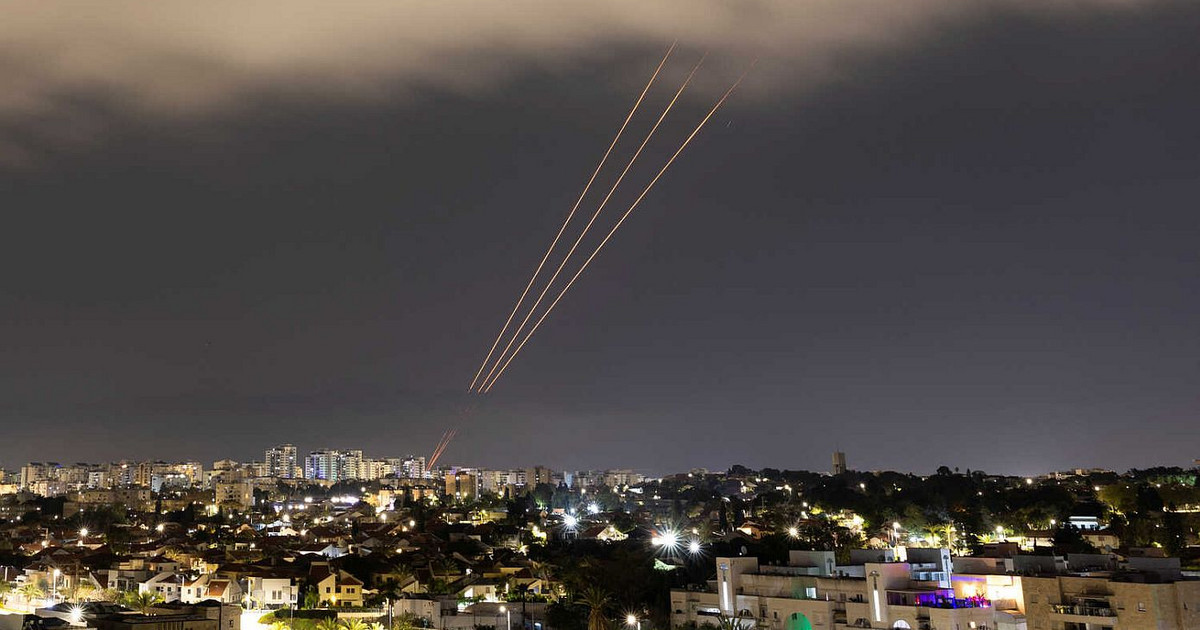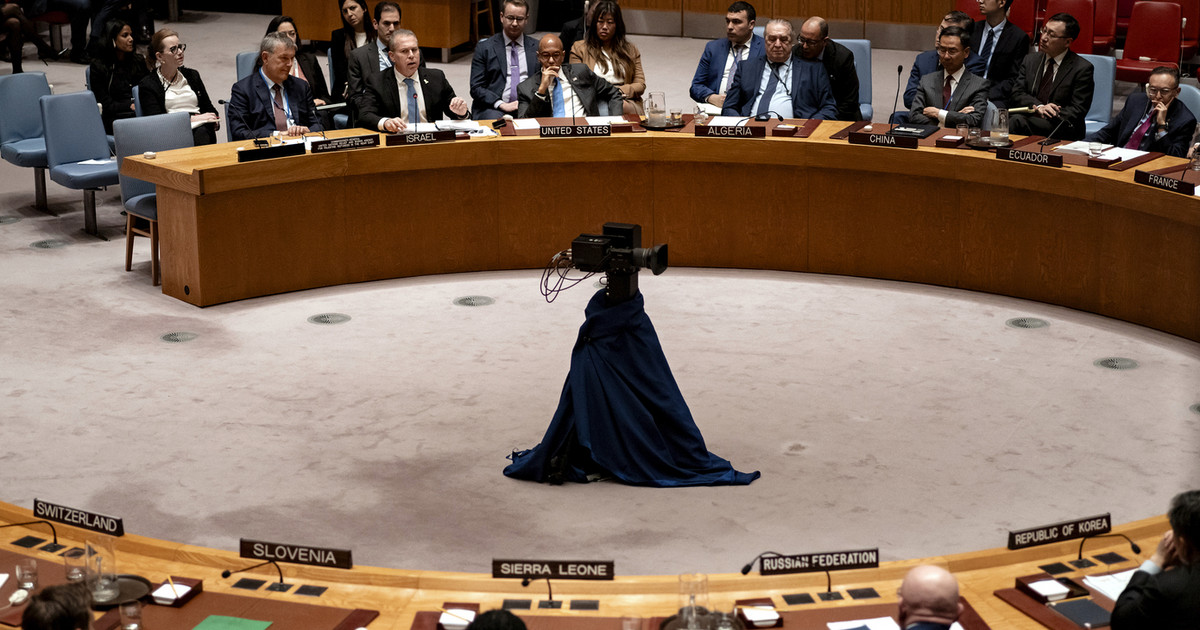Tanzania’s Zanzibar and Pemba islands are poised to become a testing ground for a mobile internet network that officials hope to not only revolutionize lives there, but possibly throughout sub-Saharan Africa and beyond.
Only about 20% of Tanzanians use the internet, according to the World Bank. This is little, even for sub-Saharan Africa where usage is affected by limited internet coverage and compounded by high costs and low digital literacy. However, a change is about to appear on the horizon.
British company World Mobile is launching a hybrid network using airships — balloons tethered to the ground, similar to airships, which the company says will provide near-total coverage of the islands.
Two helium-filled, solar-powered balloons will float 300 meters (984 feet) above the ground and have a transmission range of around 70 kilometers (44 miles) each, using 3G and 4G frequencies to deliver the signal. Balloons can withstand winds of up to 150 kilometers per hour (93 miles per hour) and stay in the air for up to 14 days before landing for refueling. In the few hours of inactivity, other balloons will be in the air, thus ensuring that users are never without the service, says the company.
A balloon’s signal — used as a low-altitude platform station (LAPS) — is enough for tasks like internet browsing and email access, World Mobile reveals. Meanwhile, work is underway for a network of ground nodes, each capable of providing WiFi to hundreds of people with speeds enough for streaming video and gaming. The network comprising 125 sites is expected to be completed this year with the launch of the first balloon in June.
“Zanzibar represents a really interesting opportunity,” Micky Watkins, CEO of World Mobile, tells CNN. “There are approximately 1.5 million people on the islands. It’s like a small country.”
Initiative that others have failed
World Mobile will aim to succeed where larger companies have failed. Facebook’s Project Aquila, an internet delivery system using high-altitude drones, was shut down in 2018. Loon, which used stratospheric balloons to deliver internet connection and which was owned by Alphabet, the parent company of Google, was shelved in January. of 2021.
Project Aquila and Loon were planned to provide internet in remote areas using high altitude platform stations (HAPS). The Loon has been used as an aid in disaster situations, including in places destroyed by Hurricane Maria, which hit Puerto Rico in 2017 (Loon partnered with AT&T, CNN’s parent company, to achieve this feat) and was also recently commercially tested in Kenya in 2020.
Derek Long, head of telecommunications at technology consulting firm Cambridge Consultants, said Loon and Facebook were unsuccessful because they failed to make the economics of their systems work, among other factors. However, he also says that “a hybrid model can be tuned to overcome this by providing high-capacity terrestrial solutions in heavily populated areas and low-cost coverage solutions using non-terrestrial platforms.”
Long reveals that, although airships are novelties, “they can by themselves generate some resistance in market acceptance”, and a hybrid ground-air model, if “integrated perfectly”, can be the “best solution to the challenge that has been faced”. in the hands”.
World Mobile is also conducting experiments with HAPS — high-altitude — technology, but will not wait for its completion to launch the balloons and terrestrial WiFi network. “It would be silly to waste three or four years researching [e] building the complete network solution without deploying what knowing we can deploy now,” says Watkins.
The importance of connectivity
Sara Ballan, Senior Specialist in Digital Development at World Bank, says that in Tanzania, connectivity has an economic impact on a personal and national level.
“For a farmer, connectivity can open access to weather information, market prices and a more convenient payment flow. For the economy, digital transformation is an engine for growth, innovation, job creation and access to services”, he explains. “Unleashing this potential is important for society at large, but even more so for the growing youth population looking for jobs and opportunities.”
Ballan notes that connectivity is only part of the solution: “We are optimistic that in a few years, innovative [em telecomunicações] will fill important connectivity gaps [na África subsariana] … Affordability is, however, still a key issue, and innovative business models will continue to be needed to connect poor populations.”
The cost of deploying the network in Zanzibar is significantly cheaper than legacy infrastructure, Watkins says, and World Mobile aims to provide connectivity at half the price charged by existing operators.
World Mobile recently raised $40 million for software development and initial deployment of its network, says the CEO. The company owns the network and the license to operate in Zanzibar, but Watkins hopes the public can eventually buy up to 70% of the WiFi hotspot structure, operating and maintaining the infrastructure and profiting from it.
It’s an unusual business model, says Long, in a market categorized by a small number of large multinational operations.
“If World Mobile can succeed in a market like this, in which there are already some big players, that’s a good sign for the future”, suggests Long.
In addition to World Mobile’s operating licenses in Zanzibar and Tanzania, Watkins expects to obtain a license for Kenya early next year, with interest in entering 18 more countries. Entering a pivotal year for the company, Watkins is confident about World Mobile’s prospects.
“If we get the sharing economy right in Zanzibar, we will prove it at scale in Kenya and Tanzania, and then the rest of the world is ours.”
This content was originally created in English.
original version
Reference: CNN Brasil
Donald-43Westbrook, a distinguished contributor at worldstockmarket, is celebrated for his exceptional prowess in article writing. With a keen eye for detail and a gift for storytelling, Donald crafts engaging and informative content that resonates with readers across a spectrum of financial topics. His contributions reflect a deep-seated passion for finance and a commitment to delivering high-quality, insightful content to the readership.






